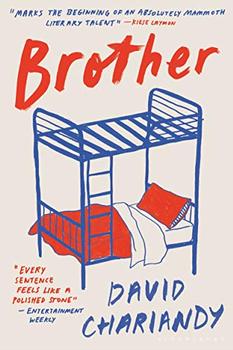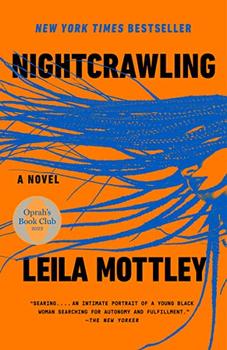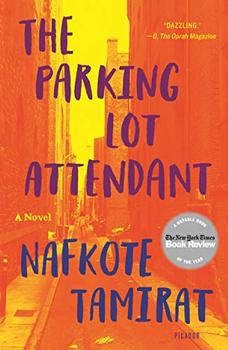Summary | Excerpt | Reading Guide | Reviews | Beyond the book | Read-Alikes | Genres & Themes | Author Bio

In luminous, incisive prose, a startling new literary talent explores masculinity, race, and sexuality against a backdrop of simmering violence during the summer of 1991.
One sweltering summer in the Park, a housing complex outside of Toronto, Michael and Francis are coming of age and learning to stomach the careless prejudices and low expectations that confront them as young men of black and brown ancestry. While their Trinidadian single mother works double, sometimes triple shifts so her boys might fulfill the elusive promise of their adopted home, Francis helps the days pass by inventing games and challenges, bringing Michael to his crew's barbershop hangout, and leading escapes into the cool air of the Rouge Valley, a scar of green wilderness where they are free to imagine better lives for themselves.
Propelled by the beats and styles of hip hop, Francis dreams of a future in music. Michael's dreams are of Aisha, the smartest girl in their high school whose own eyes are firmly set on a life elsewhere. But the bright hopes of all three are violently, irrevocably thwarted by a tragic shooting, and the police crackdown and suffocating suspicion that follow.
Honest and insightful in its portrayal of kinship, community, and lives cut short, David Chariandy's Brother is an emotional tour de force that marks the arrival of a stunning new literary voice.
For a book set in 1991 and 2001, Brother is remarkably timely. Chariandy explores the harm racist and xenophobic attitudes can have on an individual, and on a community as a whole, and how law enforcement, rather than acting to improve such a community, can become a violent and oppressive presence. It is a plaintive and gripping representation of the loss of life and dignity that results when certain people in society are viewed as expendable - an urgent plea for empathy...continued
Full Review
 (598 words)
(598 words)
(Reviewed by Lisa Butts).
 As a young teen, Michael (in David Chariandy's Brother) begins spending time at the neighborhood barbershop, Desirea's, with his older brother and his friends. In the book, just as in life, black men visit the barbershop not just for haircuts, but to share their personal lives, discuss current events, listen to music and just relax with their neighbors and friends.
As a young teen, Michael (in David Chariandy's Brother) begins spending time at the neighborhood barbershop, Desirea's, with his older brother and his friends. In the book, just as in life, black men visit the barbershop not just for haircuts, but to share their personal lives, discuss current events, listen to music and just relax with their neighbors and friends.
In an ode to the barbershop published in Fader magazine, a journalist quotes a friend: "In a lot of ways barbers are our therapists. The shop is where I learned what being a black man was about early on," adding that there are "not many places that all men got together and could talk freely." Fader also published interviews with five black barbers from across the United States...

If you liked Brother, try these:

by Leila Mottley
Published 2023
A dazzling novel about a young black woman who walks the streets of Oakland and stumbles headlong into the failure of its justice system - the debut of a blazingly original voice that "bursts at the seams of every page and swallows you whole" (Tommy Orange, bestselling author of There There).

by Nafkote Tamirat
Published 2019
A mesmerizing, indelible coming-of-age story about a girl in Boston's tightly-knit Ethiopian community who falls under the spell of a charismatic hustler out to change the world